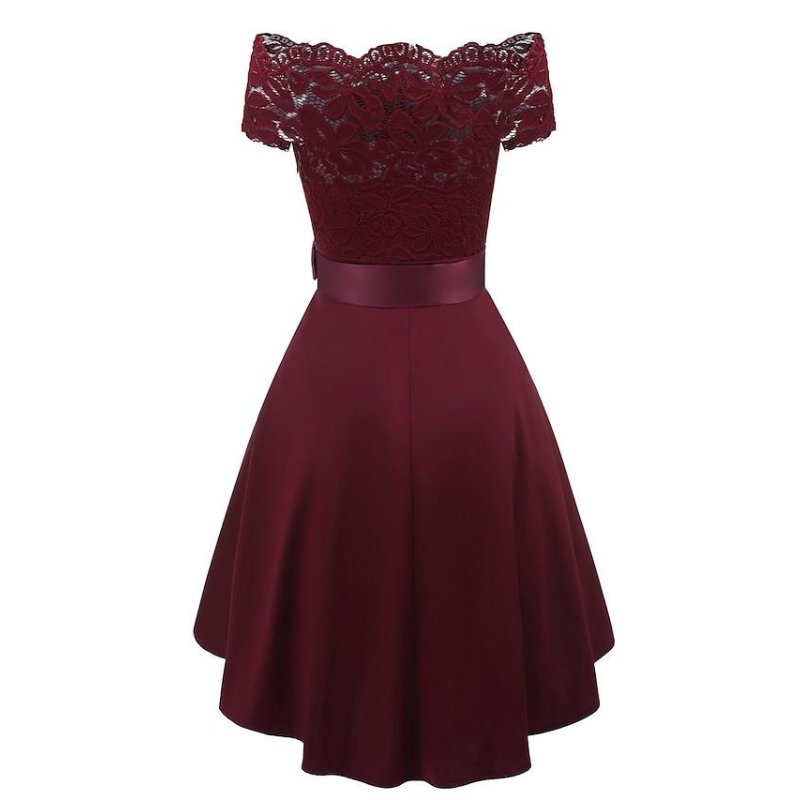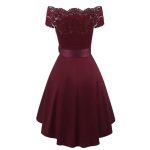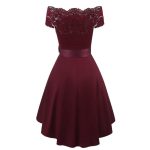Tag:
1. Clothing
2. Style and Trends
3. Influence
Fashion has always been a prominent aspect of society, influencing the way people dress, think and behave. It is an ever-changing industry that reflects the cultural values, beliefs and attitudes of a particular time period.
The concept of clothing goes beyond mere functionality; it serves as a form of self-expression and communication. What we wear can convey messages about our personality, social status, and even our political or religious affiliations.
From traditional cultural attire to modern-day fashion trends, clothing plays a crucial role in shaping various aspects of society. Let’s take a closer look at some ways in which fashion impacts our culture.
1) Identity Formation:
Clothing is an essential element in forming one’s identity. It allows individuals to express themselves creatively while also conforming to societal norms and expectations. People often use clothes as a means to communicate their gender identity, cultural background, or personal style.
For instance, certain types of clothing may be associated with specific subcultures or groups within society; such as punk rockers wearing leather jackets and ripped jeans or business professionals donning formal suits.
2) Social Status:
In many societies around the world, clothing is used to signify social status. Whether it’s designer brands worn by the wealthy elite or uniforms worn by service workers, what we wear can often determine how others perceive us.
This association between fashion and social standing has led to controversies surrounding issues like fast fashion labor conditions for factory workers producing cheap garments for high-end brands.
3) Influence on Behaviors:
Fashion not only influences how we dress but also affects our behavior in different contexts. Research has shown that people tend to exhibit more confidence when dressed well compared to when they are dressed casually.
Moreover,modesl wearing revealing outfits were found more likely to receive attention from men in a study conducted by the University of Iowa. This highlights how fashion can impact societal norms and expectations, particularly regarding gender roles.
In conclusion, clothing plays a significant role in shaping our society and culture. It serves as a medium for self-expression, reflects social hierarchies and can even influence behaviors. As fashion continues to evolve with time, it will undoubtedly continue to have an impact on our lives.



